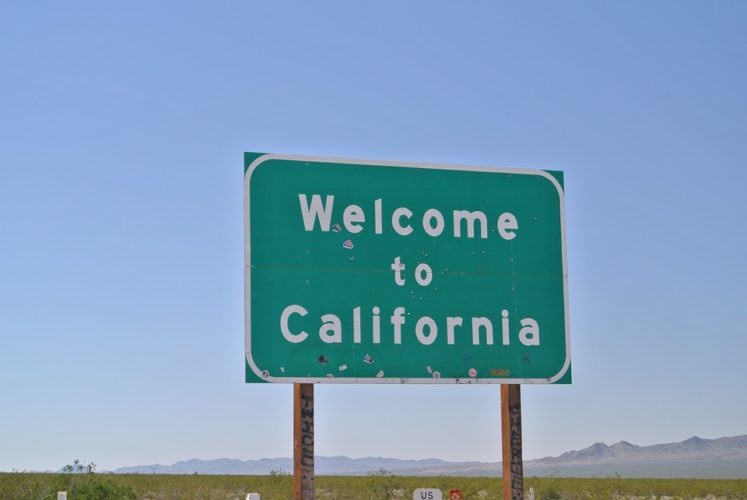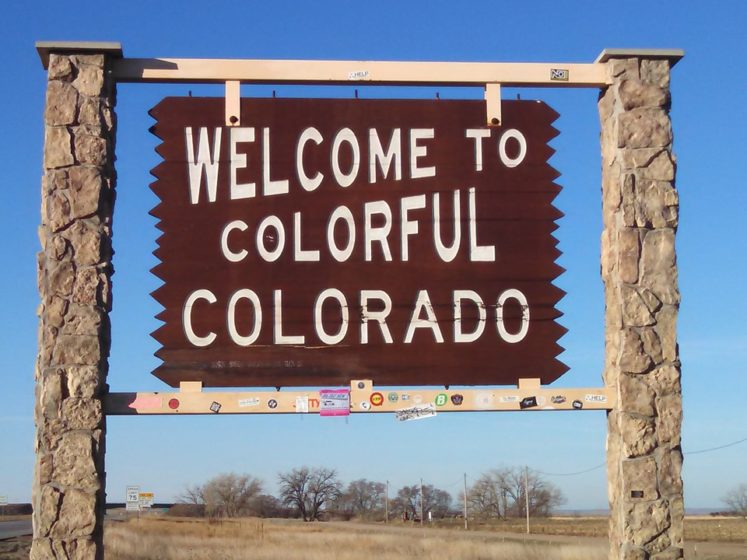When it comes to the continuing legalization of marijuana, in both its medical and recreational forms, two states are leading the charge, and have been for some time. They are California and Colorado, two major game-changers when it comes to medical marijuana, who adopted the beneficial legalization policies very early, and set a precedence that 27 other states have chosen to follow in the years leading up to 2018. What the future will bring for MMJ is unclear, but the ideal is to have all 50 states on board, with medical marijuana fully legalized across the whole of the United States. The remaining 21 states who have yet to sign MMJ into legislation would do well to look to California and Colorado as shining examples. But how do the two MMJ titans stack up against each other?
Let’s take a look at California first. The West Coast state has the honour of being the first state to legalize medical marijuana in legislation, during a critical vote on Proposition 215, also known as the Compassionate Use Act, which took place all the way back in 1996. Since that time, governments in California have been working to redefine and stabilize the legalization, resulting in one of the most liberal MMJ states in the country, a distinction California wears with pride. When contrasted with some of the more restrictive MMJ programs of other states, like New York (which, despite having a liberal-leaning reputation, surprisingly adopted an extremely harsh MMJ legislature), California’s progressive stance stands out even more.

California is leading the charge when it comes to marijuana legalization.
There are MMJ clinics and dispensaries all around the state, serving a large number of people suffering from a diverse number of illnesses. The wide range of qualifying conditions outlined in Proposition 215, most notably “chronic pain,” which refers to a wide number of patients’ grievances, has allowed people all over the state to benefit from medical marijuana’s therapeutic effects. As MMJ has been proven to reduce pain in many areas, resulting from many different conditions, the qualifying condition of “chronic pain” is an extremely important one, and is a caveat that many other states would do well to implement in their own legislature, both present and future.
On November 9, 2016, the day after a tumultuous presidential election, California became the eighth state to legalize recreational marijuana. However, the law only came into being on January 1, 2018, and as the state quickly discovered, 14 months was not enough lead in time to fully implement the legalization of a widespread, previously underground industry. Cities and counties up and down the state were not ready to sell recreational marijuana by January 1, despite significant progress being made in the rollout. For now, and for the foreseeable future, a medical marijuana card is still required to avail of marijuana in California, primarily because it’s not available anywhere else as it stands.
In light of the lengthy recreational legalization process, and as a nod to the state’s significant and well-established MMJ community, the Californian government introduced a measure whereby MMJ patients don’t pay any sales tax whatsoever on their medicine. This is a significant incentive and a show of commitment to the long-running MMJ program set up in 1996, and proves that the government are focused on incorporating recreational marijuana harmoniously alongside medical marijuana.
Colorado was hot on the heels of California when it came to legalizing MMJ, passing its own bill, Amendment 20, in 2000. Both Colorado and California decriminalized marijuana way back in 1975, so have always been at the forefront of marijuana laws in the U.S. In 2012, Colorado continued that trend by becoming the first state to legalize recreational marijuana, a revolutionary move that paved the way for marijuana legislation across the country, and also made America’s various MMJ programs more robust by legitimizing MMJ in the eyes of many citizens.
Like California, Colorado medical marijuana is taxed differently to recreational marijuana, so it is still extremely beneficial to own a Colorado medical marijuana card. Also, the selection offered to medical marijuana patients is far superior than the recreational spectrum, and will be tailor-made for a patient’s specific condition, making them the optimum choice for marijuana taken medicinally. There is also the option of edibles for MMJ patients, which is not afforded to recreational users. For both states, the option of a medical marijuana card, even in the face of recreational legalization, is still the optimum choice for patients suffering from marijuana-treatable conditions. MMJ cards can be acquired over the internet, via telemedicine, and don’t take long to arrive at your door.
When it comes to differentiating the two pro-marijuana states, there’s little difference when it comes to their MMJ programs. Both have tax rebates stemming from the legalization of recreational marijuana, and both have a range of qualifying conditions that allow a wide variety of patients from across the state to avail of the many benefits of MMJ. No doubt both California and Colorado will continue to bear the torch for medical marijuana in the years to come.

